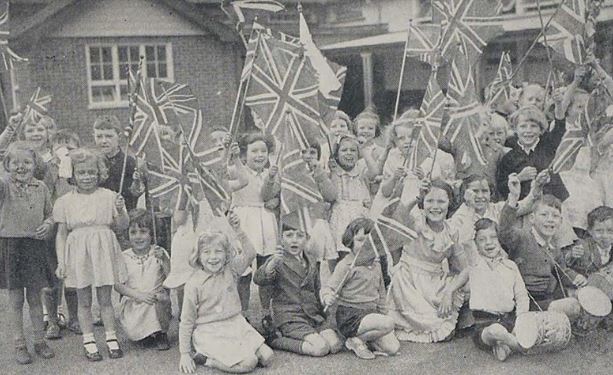The 20th century brought a myriad of changes and new identities for Cheltenham.
20th Century:
Decline of the Spa Town Identity:
The early decades of the 20th century witnessed a declining interest in spa treatments. With advances in medicine and changing leisure preferences, the once-celebrated spa waters of Cheltenham took a backseat. While still acknowledged as part of its heritage, the spa industry was no longer the mainstay of the town’s economy or identity.
World Wars:
Like the rest of Britain, Cheltenham was affected by both World Wars. While it was not a primary target during air raids, its population contributed to war efforts, both on the frontlines and on the home front. The wars brought about social and economic changes, with many women entering the workforce, and the town supporting the military in various capacities.

Cheltenham Festivals:
In the latter half of the century, Cheltenham began to carve a new niche for itself as a cultural hub. The town started hosting various festivals, including:
- Cheltenham Literature Festival: Established in 1949, this festival quickly became one of the UK’s most prominent literary events, attracting authors, critics, and book lovers from around the world.
- Cheltenham Music Festival: Founded in 1945, this festival celebrates classical music, bringing together renowned composers, musicians, and orchestras.
- Cheltenham Science Festival: Introduced in the late 20th century, this event emphasizes science communication, debates, and discussions, attracting a diverse audience.
These festivals not only brought economic benefits but also reinforced Cheltenham’s reputation as a town of culture and intellect.
Cheltenham Gold Cup:
Horse racing in Cheltenham had been popular for centuries, but the 20th century saw the consolidation of its status with the annual Cheltenham Gold Cup. This steeplechase event, part of the Cheltenham Festival, is one of the most prestigious in the horse racing calendar, drawing enthusiasts, celebrities, and general audiences alike.
Urban Development:
With the growth in population and the need for modern amenities, Cheltenham saw urban development projects throughout the century. Housing, commercial spaces, and public utilities were upgraded or expanded. However, care was often taken to ensure that these developments harmonized with the historic character of the town.
Education and Government Agencies:
Cheltenham’s importance was further underscored by the establishment of government agencies, most notably the Government Communications Headquarters (GCHQ) in the latter part of the century. Additionally, educational institutions in the town continued to thrive and expand, attracting students from across the UK and abroad.
Conclusion:
The 20th century was a period of adaptation and evolution for Cheltenham. While it moved away from its spa town identity, it embraced new roles as a cultural center, a hub for horse racing, and a seat of education and government agencies. Through these transitions, Cheltenham managed to retain its unique charm while staying relevant to the changing times.
